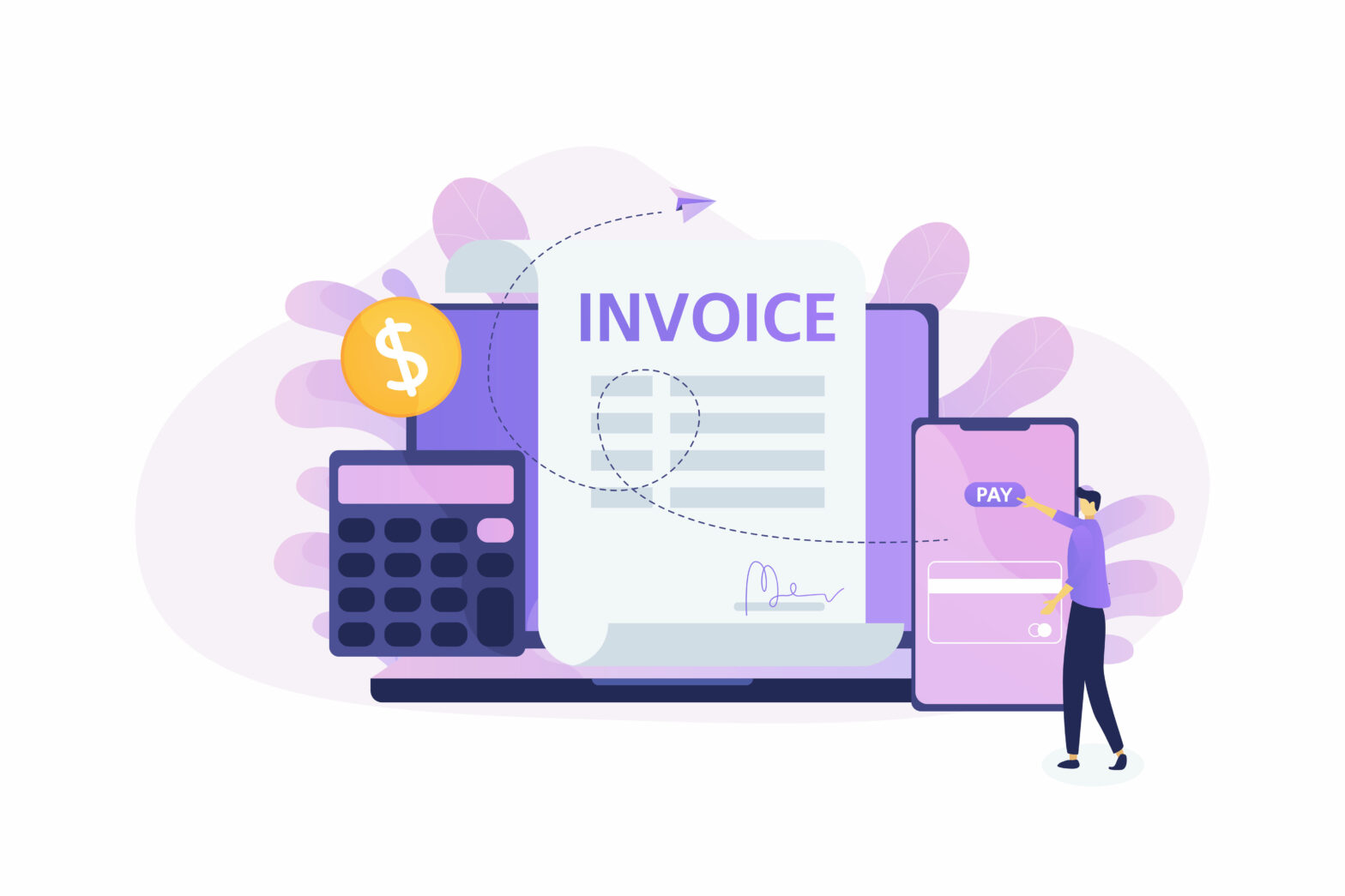Asset-based lending is an important but often under-used tool for businesses wishing to ease their cash flow. Most companies rely on traditional sources of credit, such as bank loans and overdrafts. However, these routes can be expensive. Punitive bank charges, for example, frequently render this type of credit unsustainably costly. Furthermore, traditional credit is drying up; banks are closing overdraft facilities with 24 hours notice, and new business loans are very difficult to come by. Asset-based lending provides an alternative means by which businesses can secure access to loans.
What is asset-based lending?
An asset-based loan will be secured against something owned by the business. This might be items such as stock or, commonly, an unpaid invoice. In the latter case, this practice is known as invoice finance, or factoring.
One of the most significant advantages of asset based lending is that the size of the credit line will generally expand or contract with the value of the assets against which it is secured. In the case of invoice financing, for example, the size of the credit line will increase by a proportion of the value of each invoice raised by the business. In most cases, the invoice finance company (known as the factor) will advance your business around 90% of the face value of each invoice raised, within 24 hours of submission.
Once an invoice has been passed to the factor, either they will then go about ensuring that it is paid or you will need to chase your debtors yourself as usual, depending on the type of agreement you have. When the invoice has been paid, you will receive the remaining amount of the invoice value, less an administration charge. This charge includes an interest payment which is normally no more than 3% above base rate, and a service charge of between 0.5 and 3% of your annual turnover. When compared to the cost of employing a bookkeeper to chase invoices, factoring can be a very cost effective method of ensuring that you are paid promptly.
Related: Conrad Ford explains asset-based lending and asset finance
Minimising the risk
Depending on the nature of your agreement with the invoice finance provider, the latter may or may not shoulder the risk that the invoices you have raised may never be settled. In either case, your provider is likely to place some restrictions on the invoices that they will deal with. For example, many factors will refuse to deal with invoices raised against companies with no trading history, or invoices which represent too large a proportion of your total turnover. This can pose problems for businesses that rely on a small number of clients for the majority of their income. It is therefore important that you find an invoice finance provider that is flexible, and suitable for your business.
In the past, asset based lending had been the favoured technique of businesses that were in such poor financial shape they could not secure credit elsewhere. Today, however, this type of lending is generally used by companies who wish to achieve their full growth potential but are hobbled by late-paying customers. Regardless, there is still a perception that invoice financing, and asset based lending generally, are symptoms of a company with its back against the wall. As such, many providers now offer ‘invisible’ services, whereby the customer has no idea that they are dealing with a factor.
Asset based lending is becoming an increasingly important source of credit for businesses. If you frequently suffer as a result of late payments, invoice financing could be an effective method of easing your cash flow and achieving the growth that your business deserves.
Looking for finance? SmallBusiness.co.uk is working in partnership with trusted lenders to find the best business funding deals. Find out more here.







